Signal processing is an area of science that is involved in the acquisition, representation, and manipulation of signals required in a wide range of practical applications. Our experience in this area is quite diverse, and the competencies include:
- virtual instruments based on advanced DSP technologies;
- program-controlled radio devices, including those based on non-uniform sampling;
- signal-dependent analysis of non-stationary signals, event-driven analog-to-digital conversions;
- biometrics and brain signal processing;
- use of biological feedback in medical rehabilitation;
- microminiaturization of data acquisition and processing systems;
- smart sensor and networked embedded system signal processing;
- applications of directional antenna arrays in wireless sensor networks;
- transistor-based UWB pulse generators and receivers;
- etc.
A part of our signal processing research consists of image processing in such areas as biomedicine (detection of melanomas), satellite data processing (analysis of the forests), intelligent transportation systems (detection of vehicles and pedestrians), security (recognition of people using images of the palm), agriculture (detection of crops and weeds), and more. For object detection, localization, and image classification tasks we research machine learning-based approaches, including deep convolutional and recurrent neural networks. The focus of our research deals with the acquisition of annotated training datasets by faster labeling methods and through the novel generation of synthetic data. Furthermore, we develop efficient video processing algorithms for use on devices with limited computation resources, for example, we have developed and implemented an object detection algorithm that can process up to 15 frames per second on a Raspberry Pi Zero platform.
In the embedded intelligence field we focus on computation and energy efficiency and develop novel architecture solutions for the implementation of data processing algorithms (transformed ANN architectures etc.) on FPGAs and heterogeneous SoC devices (in collaboration with TECNALIA, Infineon, BUT, etc. in H2020 3Ccar, Autodrive, ENACT, and other projects). This research results in enabling demanding perception processing (e.g. stereo-image processing and NN-based inference) on edge computing devices. Our expertise in embedded intelligence resulted in an award from Latvian Academy of Sciences for one of the most significant achievements in Latvian science in 2018 (work “An original approach for transforming the architecture of ANN into Field-programmable gate array”).
Our accumulated experience and expertise in signal processing and embedded intelligence has facilitated the development of wearable sensing fabrics, train integrity monitoring system, multi-modal FPGA-based biometric system, high-datarate wireless sensory acquisition nodes for industrial environments, hardware accelerators for image processing and depth sensing, vehicle-to-X communication systems, large-scale 100+ sensor network TestBed and many others. Currently, EDI experts work with hardware platforms ranging from the smallest microcontrollers to the most advanced state-of-art heterogeneous Systems-on-Chip and their expertise covers PCB design, low-level software, algorithm development, digital and analog circuit engineering, prototyping, and cooperative-system development.
Projects
-
 Integrated Components for Complexity Control in Affordable Electrified Cars (3Ccar) #H2020
Integrated Components for Complexity Control in Affordable Electrified Cars (3Ccar) #H2020
-
 Intelligent Motion Control Platform for Smart Mechatronic Systems (I-MECH) #H2020
Intelligent Motion Control Platform for Smart Mechatronic Systems (I-MECH) #H2020
-
 Programmable Systems for Intelligence in Automobiles (PRYSTINE) #H2020
Programmable Systems for Intelligence in Automobiles (PRYSTINE) #H2020
-
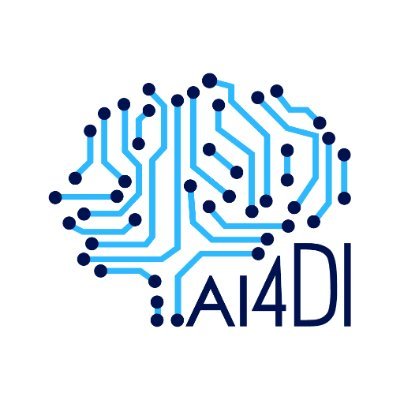 Artificial Intelligence for Digitizing Industry (AI4DI) #H2020
Artificial Intelligence for Digitizing Industry (AI4DI) #H2020
-
 Advanced packaging for photonics, optics and electronics for low cost manufacturing in Europe (APPLAUSE) #H2020
Advanced packaging for photonics, optics and electronics for low cost manufacturing in Europe (APPLAUSE) #H2020
-
 Framework of key enabling technologies for safe and autonomous drones applications (COMP4DRONES) #H2020
Framework of key enabling technologies for safe and autonomous drones applications (COMP4DRONES) #H2020
-
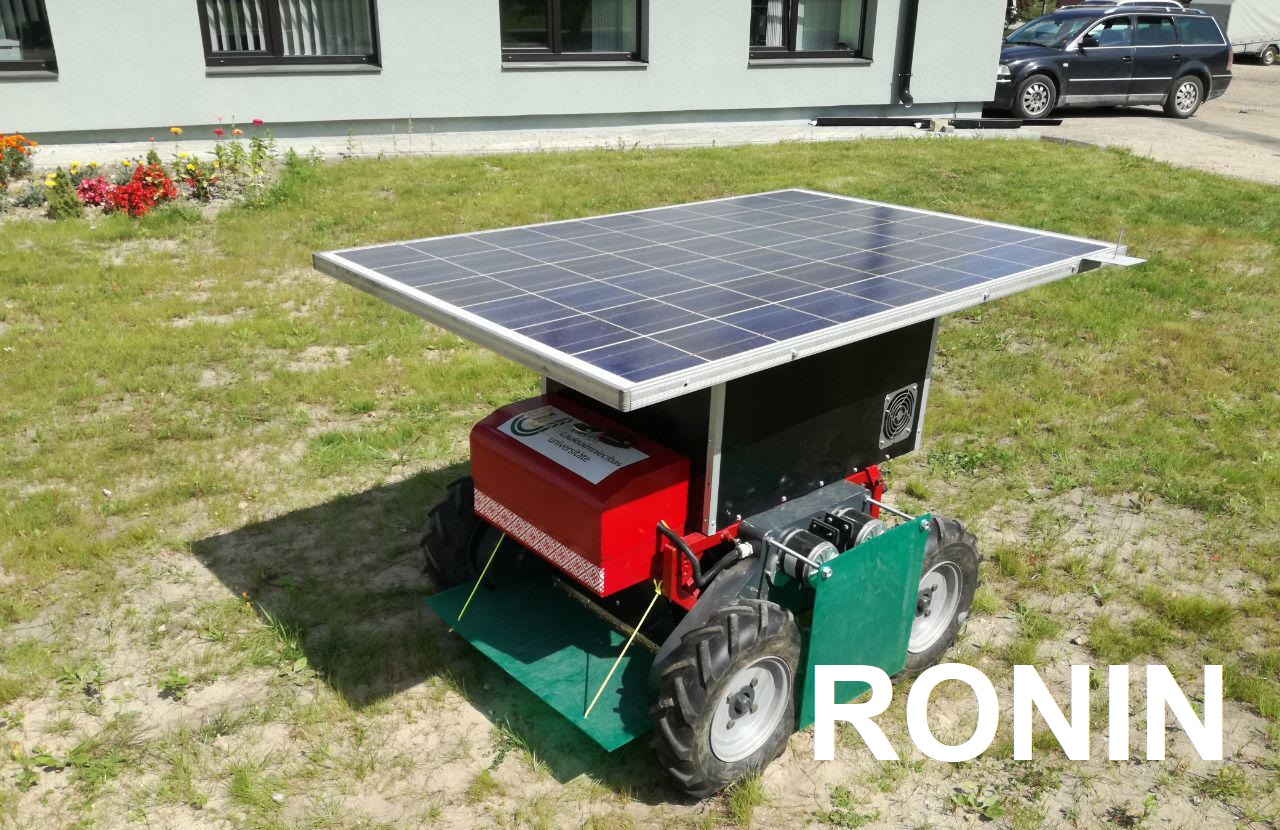 Development of a robotic weed management equipment (RONIN) #ESIF
Development of a robotic weed management equipment (RONIN) #ESIF
- Real time stereo-vision depth sensing sensor (STRIVE) #ESIF
-
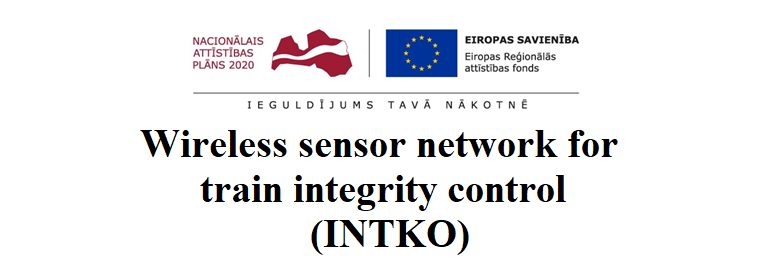 Wireless sensor network for train integrity control (INTKO) #ESIF
Wireless sensor network for train integrity control (INTKO) #ESIF
-
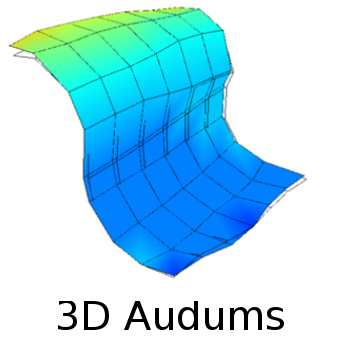 3D shape sensing fabric (3D FABRIC) #ESIF
3D shape sensing fabric (3D FABRIC) #ESIF
- Palm data acquisition and processing system (PALMs) #ESIF
-
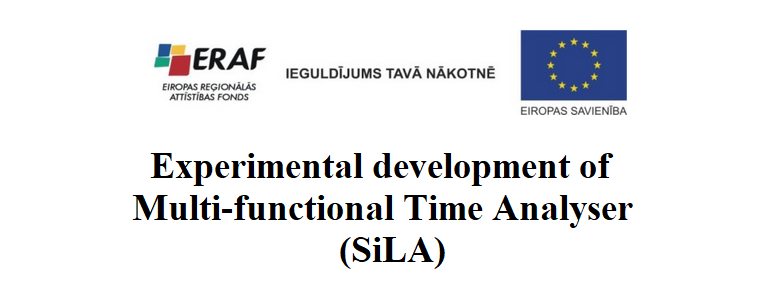 Experimental development of Multi-functional Time Analyser (SiLA) #ESIF
Experimental development of Multi-functional Time Analyser (SiLA) #ESIF
- Multimodal biometric technology for safe and easy person authentication (BiTe) #ESIF
Publications
- Alexey Tatarinov,Viktors Kurtenoks,Gennady Shahmenko,Evgeny Barkanov, Jelena Mironova MULTI-PARAMETRIC APPROACH FOR ASSESSMENT OF DETERIORATION INCONSTRUCTION MATERIALS USING ULTRASONIC SURFACE WAVES. In proc, 2019 INTERNATIONAL CONGRESS ON ULTRASONICS BRUGES, BELGIUM,3-6 September 2019.
- Vlastimil Šetka, Ondřej Ježek, Rihards Novickis. Modular Signal Processing Unit for Motion Control Applications Based on System-on-Chip with FPGA. Published in: 2019 24th IEEE International Conference on Emerging Technologies and Factory Automation (ETFA).
- Bluetooth Low Energy Throughput in Densely Deployed Radio Environment
- Martin Dendaluce Jahnke, Francesco Cosco, Rihards Novickis, Joshué Pérez Rastelli, Vicente Gomez-Garay "Efficient Neural Network Implementations on Parallel Embedded Platforms applied to Real-Time Torque-Vectoring Optimization using Predictions for Multi-Motor Electric Vehicles", Electronics (ISSN 2079-9292)
- V. Aristov. Influence of Nonlinearity of Fast Sawtooth Voltage on Stroboscopic Transformation of Signals in Receivers of Sensors Locators. Automatic Control and Computer Sciences, 2019, Vol.53, No. 4, pp. 291-297.
- A. S. Rybakov. Demodulation of Frequency-Modulated Signals by Pseudorandomly Selected Zero-Crossing Instants. // Automatic Control and Computer Sciences, 2018, Vol. 52, No. 2, pp. 77–88.
- R. Novickis, M. Greitāns, "FPGA Master based on chip communications architecture for Cyclone V SoC running Linux", IEEE-2018 International Conference on Control, Decision and Information Technologies (CoDIT), Thessaloniki, Greeze 2018
- R.Shavelis, K.Ozols, M.Greitans, V.Fescenko, "Performance of Adaptive Filters for Predicting the Future Values of the Vehicle Sideslip Angle", The 16th Biennial Baltic Electronics Conference BEC2018, Tallinn, Estonia, Oct. 8-10, 2018.
- V. Aristov. T.Laimina “ The Use Of The Karhunen Loeve Transformation To Form The Speech Data For Their Subsequent Wiring To Sound By Probing Sound Source By An Ultra-Wideband Pulse Locator” , Žurnāls Austria-science, № 17/ 2018, pp.22-28. The possibility of applying the first principal component of the Karunen-Loeve transformation is developed to form the speech data for their subsequent wiring to sound when a sound source (speaking person) is probed with an ultrawideband pulse locator.
- I.Mednieks, I.Bilinskis, E.Boole “Specific Signal Representation for Transmission and Processing based on Precise Event Timing”, 16th Biennial Baltic Electronics Conference (BEC2018), Oct 8, 2018 - Oct 10, 2018 Tallinn, Estonia
- V. Aristov, "Distance localization of the moving object by applying the karhunen–loeve transform to ultra-wideband impulse signals". ISSN 0146-4116, Automatic Control and Computer Sciences, 2017, Vol. 51, No. 5, pp. 294–300. © Allerton Press, Inc., 2017.
- Shavelis R., Ozols K., Greitans M., Amplitude Adaptive ASDM circuit, 2017 3rd International Conference on Event-Based Control, Communication and Signal Processing, Madeira, 2017
- G. Gaigals, E. Vavilina. "Simulation of compressed sensing based passive radar for drone detection." 2017 5th IEEE Workshop on Advances in Information, Electronic and Electrical Engineering (AIEEE). IEEE, 2017.
- I.Bilinskis, E.Boole, A.Skageris, "Method for transmission of wide bandwidth signals based on event timing and deliberate randomization of signal sampling", Advances of Wireless and Optical Communication RTUWO 2017, Riga, November 2-3, 2017, pp.152-155.
- Signal Transmission and Representation Based on High Performance Event Timing
- OZOLS., K, SHAVELIS., R, Amplitude Adaptive ASDM without Envelope Encoding, The 2016 European Signal Processing Conference (EUSIPCO 2016), Budapest, Hungary, August 29 -September 2, 2016.
- HERMANIS, E., SHUPOLS, G., SHAVELIS, R., ARISTOV, V., 2015. Signal With Linear Distortions Restoration Experiments for Stroboscopic Comparator-Based Converters, Automatic Control and Computer Sciences, Vol. 49, No. 6, 2015, pp. 390-394.
- ARISTOV, V., SHAVELIS, R., SHUPOLS, G., and CIRULIS, R. 2015. An Investigation of Non-traditional Approach to Narrowing the GPR Pulses. 25th International Conference “Radioelektronika 2015”. Pardubice, Czech Republic, 21-22
- OZOLS, K., 2014. Implementation of reception and real-time decoding of ASDM encoded and wirelessly transmitted signals. Microwave and Radio Electronics Week 2015 (MAREW2015), Pardubice, Czech Republic, April 21-23, 2015
- SHAVELIS, R., OZOLS, K., 2014. Design of FIR Decimation Filters with Low Group Delay for Audio Applications " The 14th Biennial Baltic Electronics Conference BEC2014, Tallinn, Estonia, Oct. 6-8
- SHAVELIS, R., OZOLS, K., GREITANS, M., 2014. Optimization of Filtering Scheme for Reduction of Loudspeaker Distortions, The 14th Biennial Baltic Electronics Conference BEC2014, Tallinn, Estonia, Oct. 6-8
- R.Shavelis and M.Greitans, "Extended Fourier Series Representation of Signals With Time-Varying Bandwidth", ICICS 2013, Tainan, Taiwan, 10 - 13 December, 2013.
- M.Greitans and R.Shavelis, “Extended Fourier series for time-varying filtering and reconstruction from level-crossing samples”, EUSIPCO 2013, Marrakech, Morocco, 9-13 September, 2013.
- K.Ozols, M.Greitans, R.Shavelis. "Amplitude Adaptive Asynchronous Sigma-Delta Modulator", 8th International Symposium on Image and Signal Processing and Analysis (ISPA 2013), Trieste, Italy, September 4-6, 2013 Conference Proceedings pp.460-464
- K.Ozols, M.Greitans, R.Shavelis. "EEG Data Acquisition System Based on Asynchronous Sigma-Delta Modulator", The 13th Biennial Baltic Electronics Conference BEC2012, Tallinn, Estonia, Oct. 3-5, 2012.
- R. Shavelis, M. Greitans „Signal Sampling According to Time-Varying Bandwidth”, Proc. of the 20th European Signal Processing Conference EUSIPCO 2012, Bucharest, Romania, Aug., 2012., pp. 1164-1168.
- N. Agafonovs and G. Supols. “Design and evaluation of a stroboscopic signal converter based on discrete transistor clocked comparator”. 2012 13th Biennial Baltic Electronics Conference (BEC2012) October 3-5, 2012,Tallinn, Estonia. pp. 69-73.
- A. Severdaks, G. Supols, M. Greitans, L. Selavo. ''Wireless Sensor Network for Distributed Measurement of Electrical Field'' , Electronics and Electrical Engineering. – Kaunas: Technologija, 2011. No. 1(107). pp. 7–10.
- Modris Greitans, Evalds Hermanis, Gatis Supols. “Analytic Model and Bilateral Approximation for Clocked Comparator”, 7th IEEE International Conference on Signals and Electronic Systems - ICSES 2010, Glivice, Polija, 7-10. September 2010.g. pp.185-188.